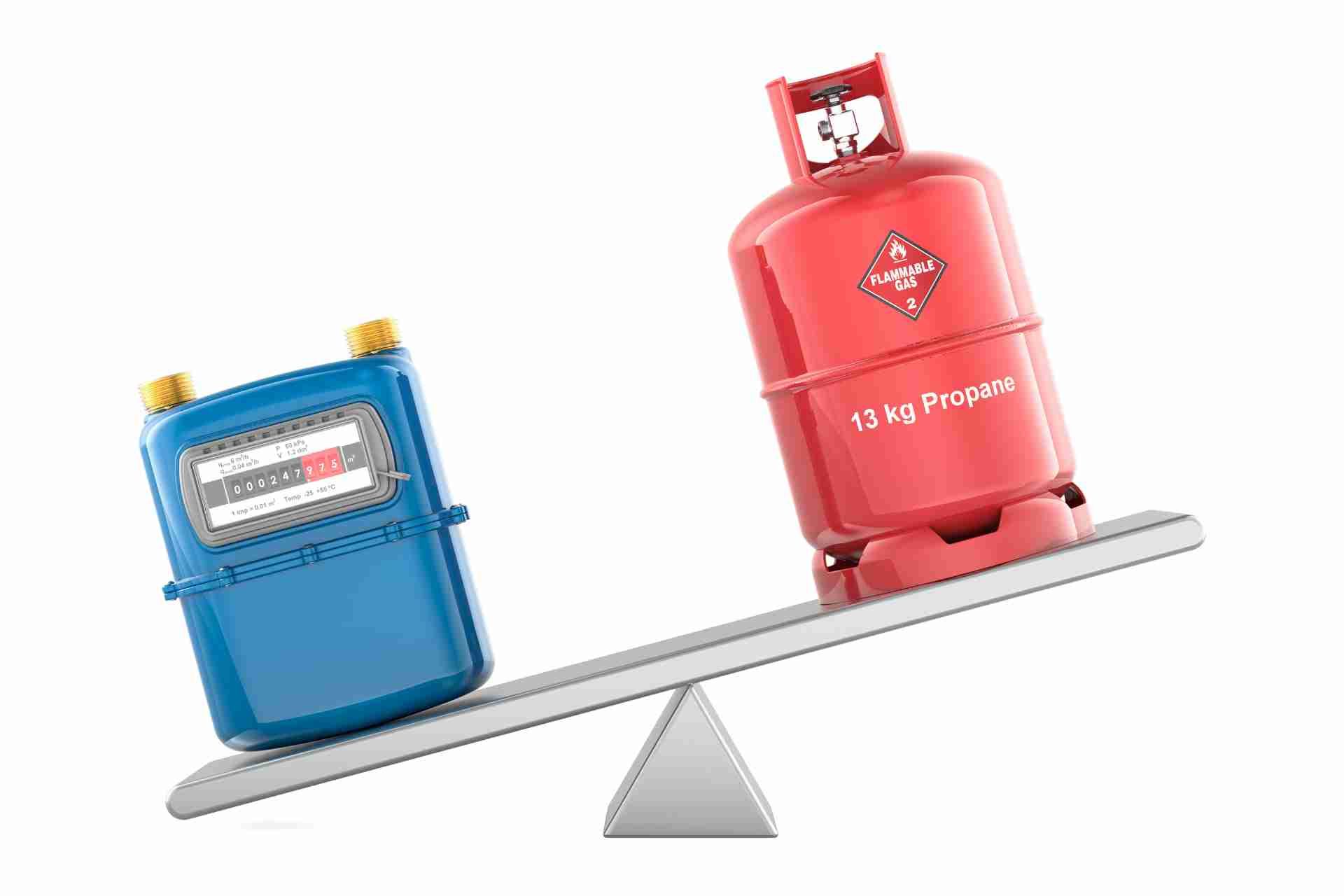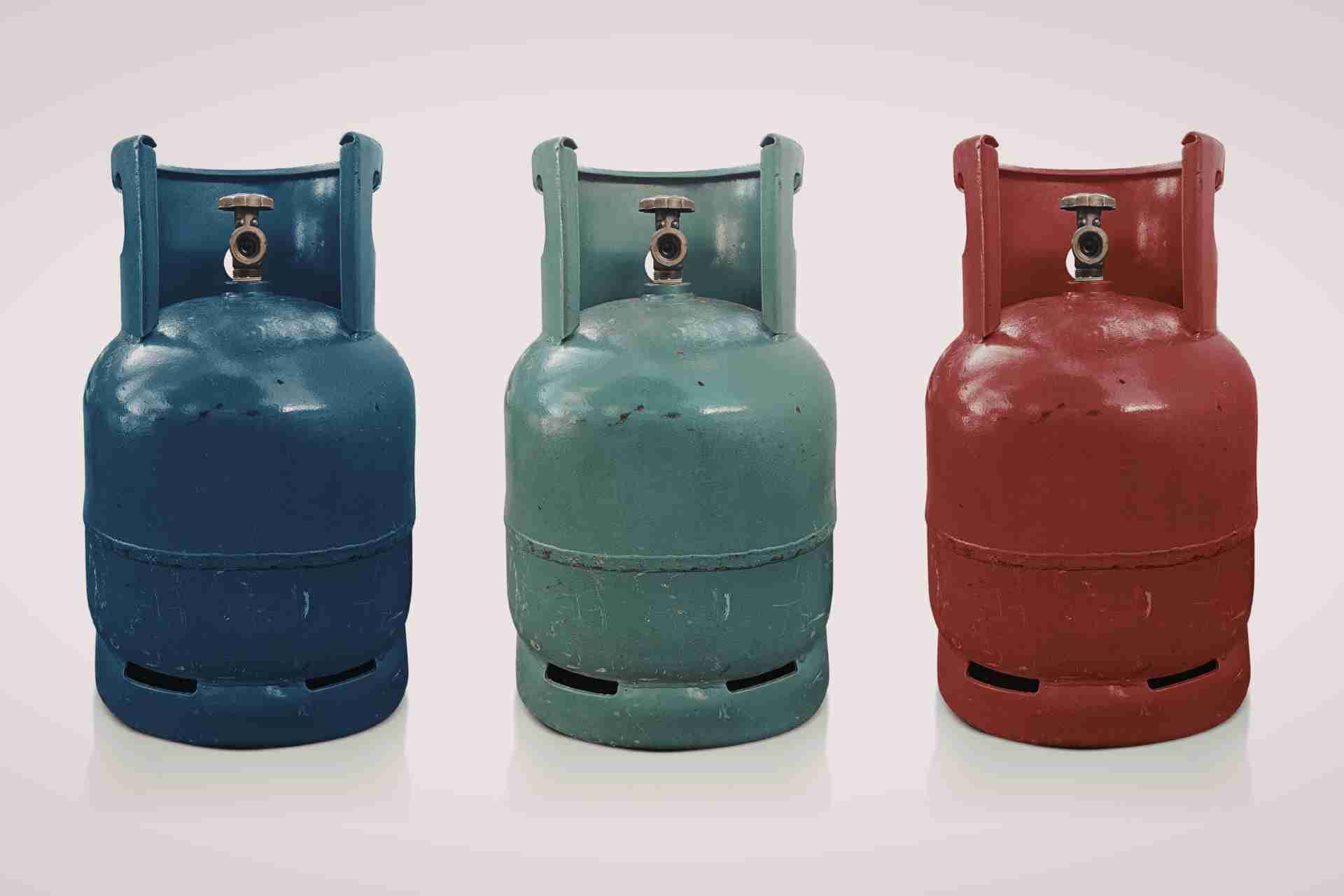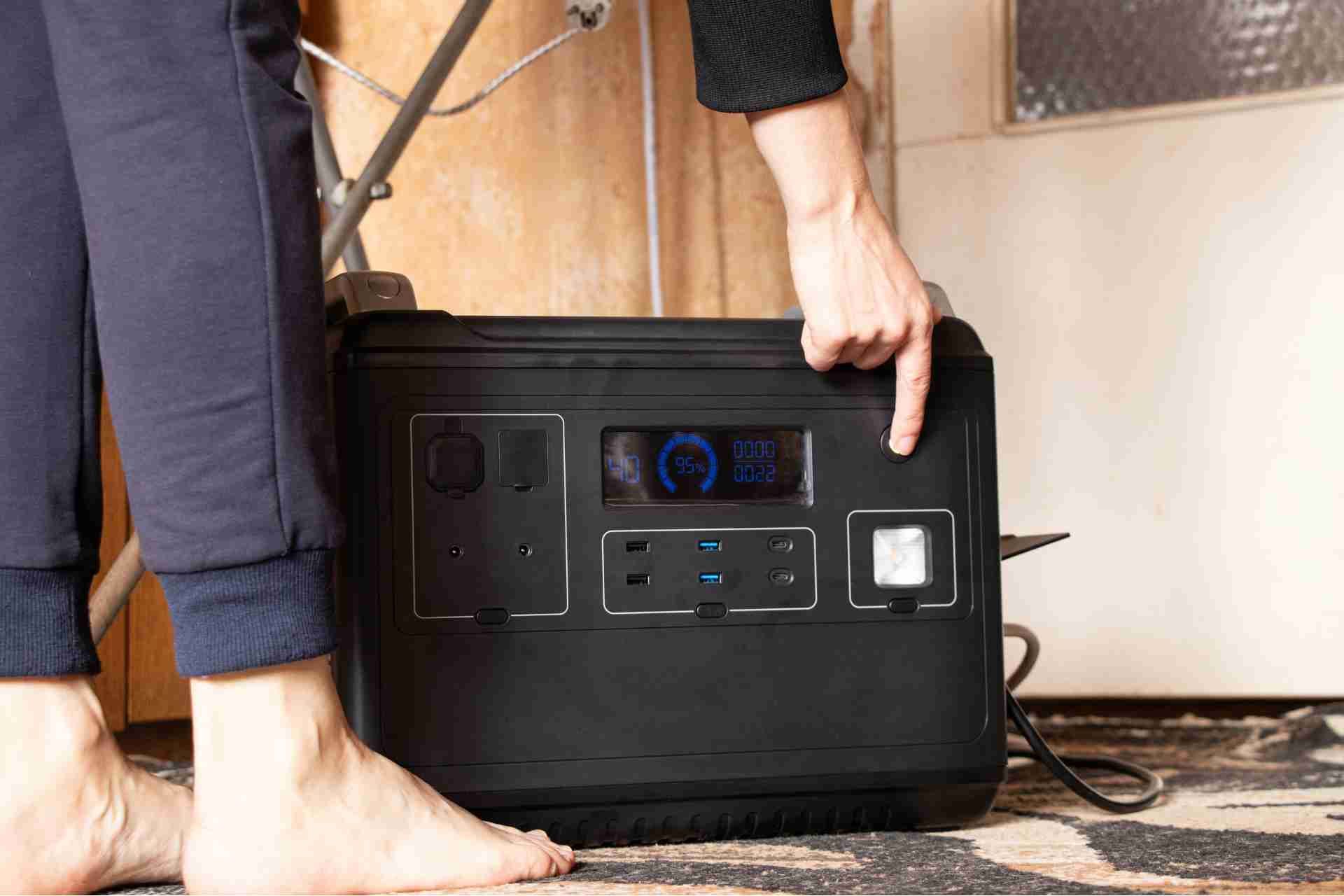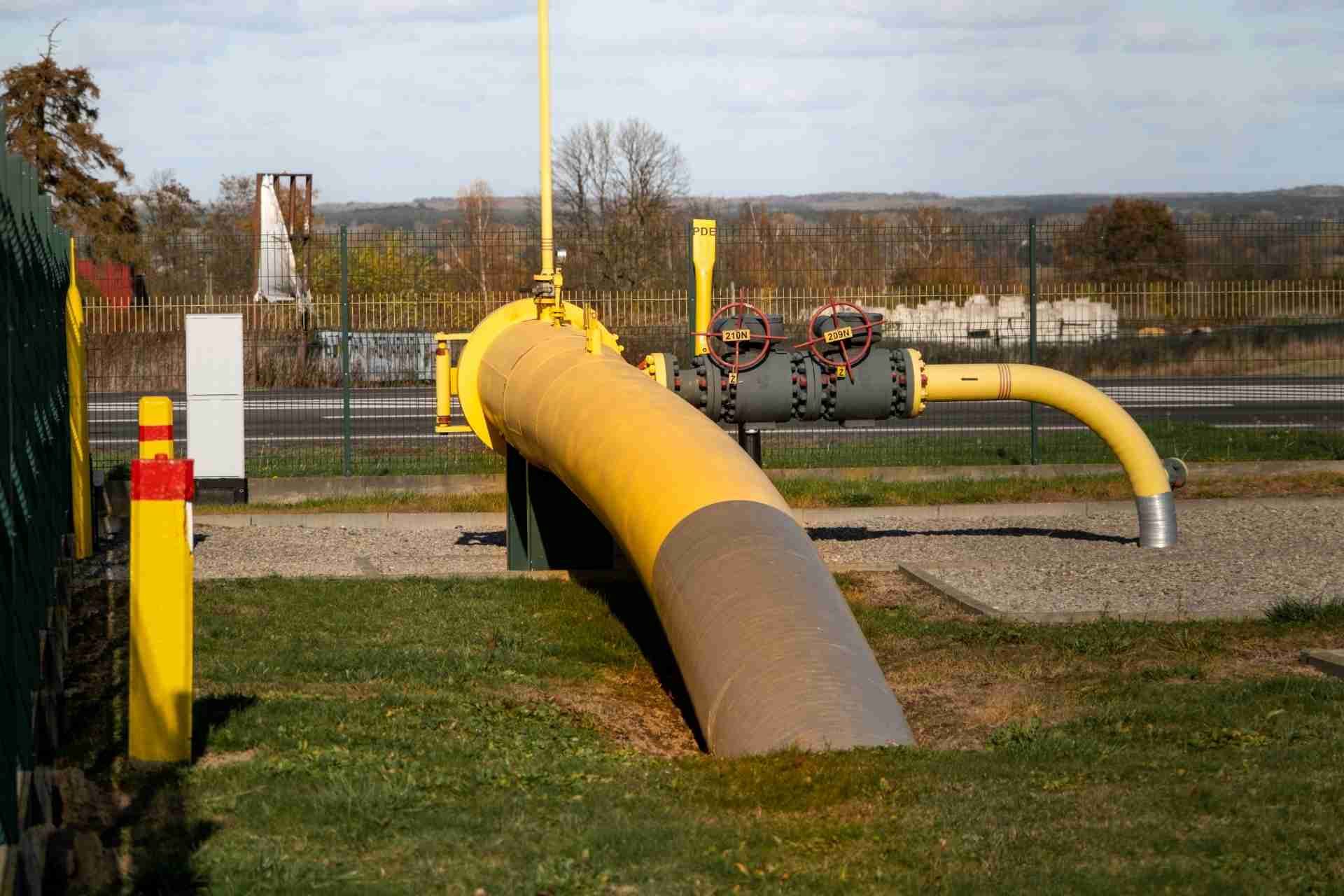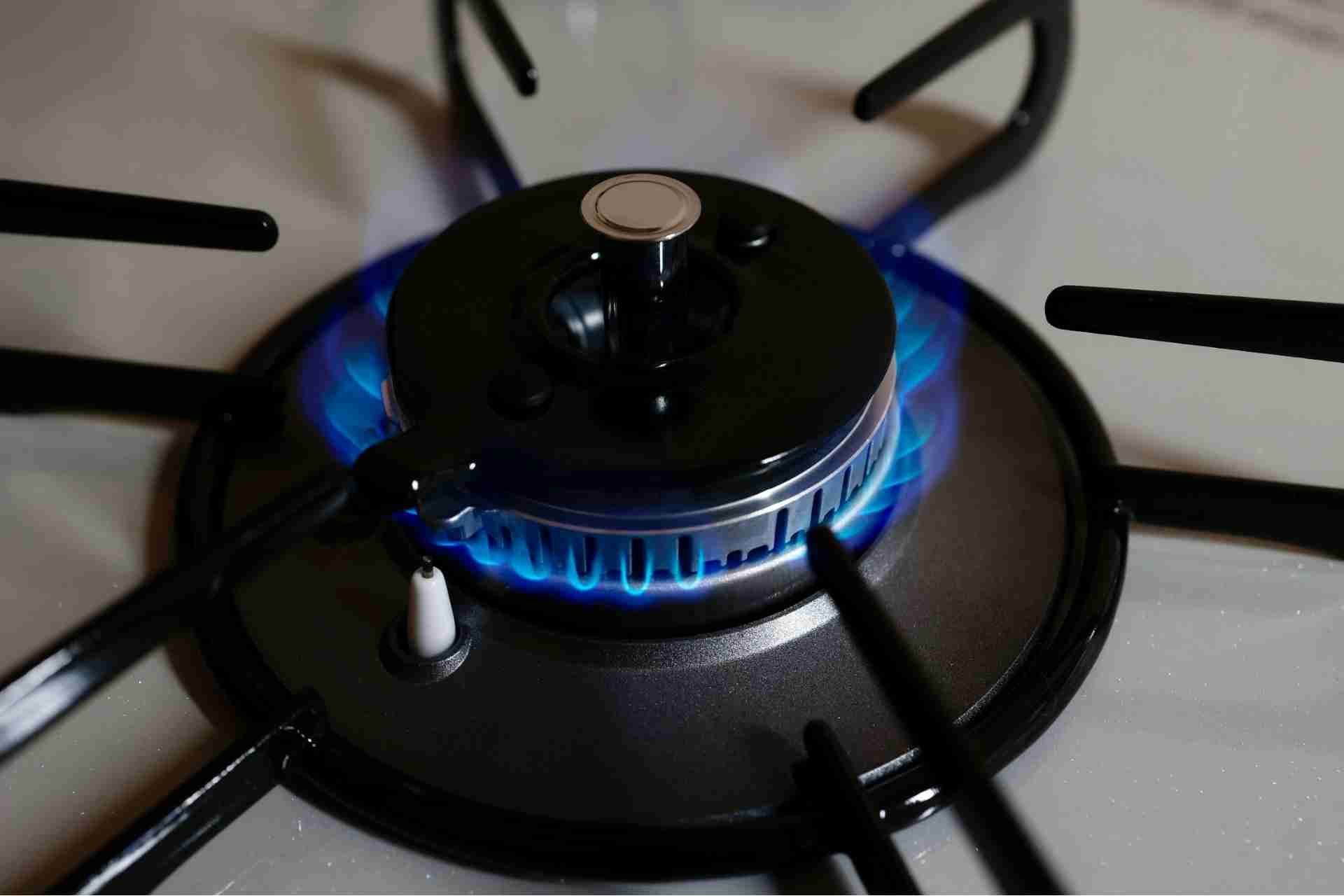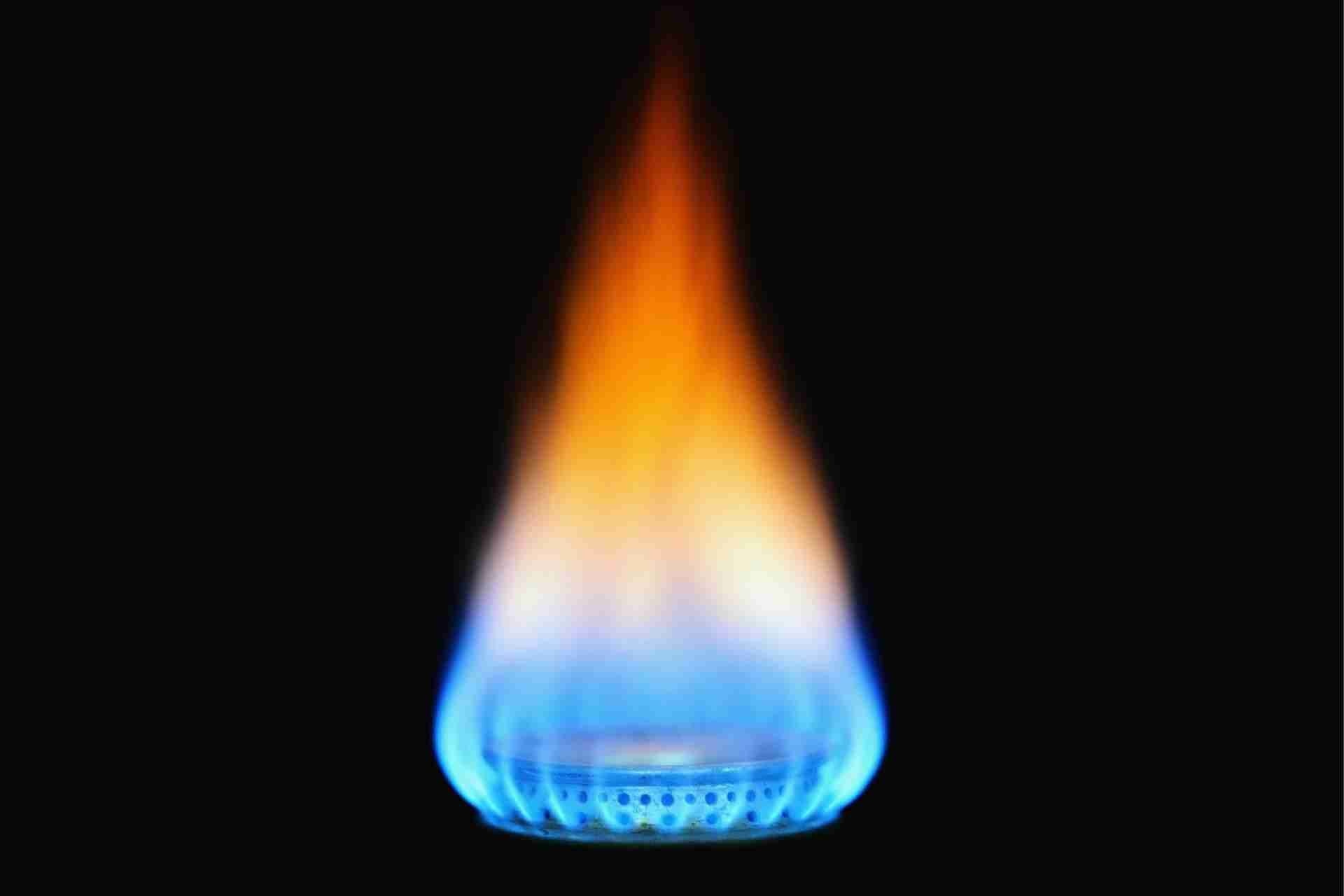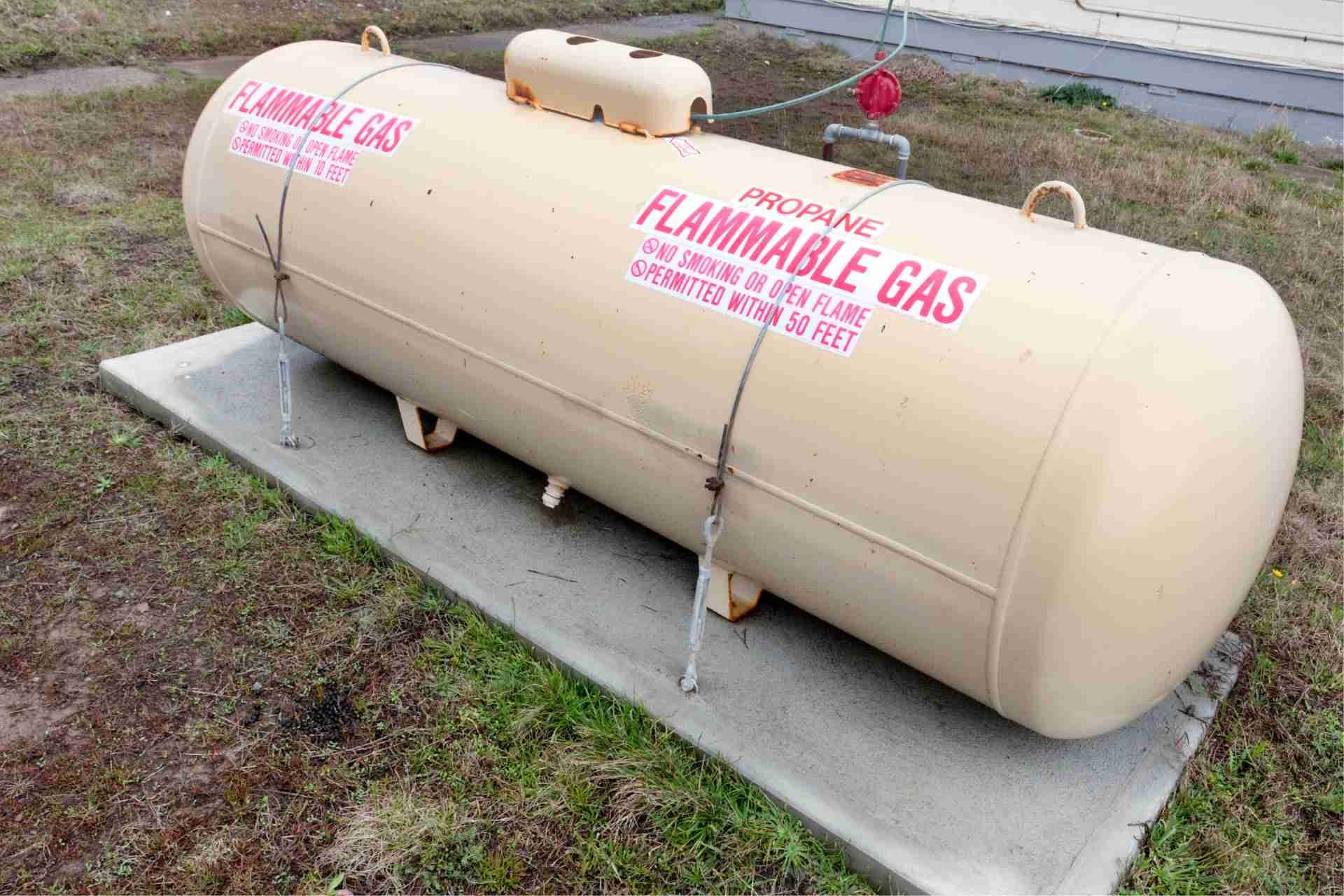Warning Signs of Propane Tank Problems (Leaks, Frost, Gauge Issues & More)
When it comes to propane tanks, being aware of potential problems is crucial for your safety. You might notice a rotten egg smell or hear hissing sounds that could indicate leaks. Frost buildup on the tank might also raise concerns. Gauge malfunctions can leave you guessing about fuel levels, leading to unexpected shortages. These issues can be alarming, but recognizing the signs early can help you avoid serious consequences. What else should you look out for?
Identifying Propane Leaks: Signs and Symptoms
When it comes to identifying propane leaks, being aware of the signs can save you from potential danger.
First, trust your sense of smell; propane has a distinctive odor, often described as rotten eggs. If you catch a whiff, act quickly!
Listen for hissing or whistling sounds near your tank or connections—these noises can indicate escaping gas.
Also, keep an eye out for dead vegetation or unusually dry areas around the tank; these can signal a leak.
It's crucial to conduct regular checks on your equipment and connections for wear or damage.
If you suspect a leak, shut off the propane supply immediately and evacuate the area.
Always prioritize safety and contact a professional for inspection and repairs.
Frost Buildup on the Tank: What It Means
Have you noticed frost buildup on your propane tank? This can be a concerning sign, indicating that your tank might be experiencing issues.
Frost typically forms when there's a significant temperature drop, often caused by a leak or low pressure inside the tank. If you see frost, it's essential to act quickly.
First, check for any obvious leaks or damage. If you can't find anything, it's best to contact a professional to inspect the tank.
Ignoring frost buildup could lead to more serious problems, including potential gas leaks or unsafe operating conditions.
Always prioritize safety and ensure your propane system is functioning properly to avoid any hazards down the line.
Gauge Malfunctions: Understanding the Indicators
Though propane tanks are designed to provide reliable readings, gauge malfunctions can occur, leaving you uncertain about your fuel levels.
One common issue is a gauge that sticks or doesn't move at all, which may indicate a faulty mechanism. You might also notice that the gauge displays an inaccurate reading, showing full when it's nearly empty.
Additionally, if the gauge fluctuates wildly during use, it could signal an internal problem. Regularly check your gauge and consider having it calibrated or replaced if you suspect it's malfunctioning.
Staying aware of these indicators can help you avoid running out of propane unexpectedly and ensure your system operates smoothly. Trust your instincts—if something feels off, investigate further.
Unusual Odors: Recognizing the Smell of Propane
If you ever notice a strange smell around your propane tank or appliances, it's important to take immediate action.
Propane is odorless, but companies add a chemical called mercaptan to give it a distinct, sulfur-like smell—often compared to rotten eggs. This odor is your first warning sign of a potential leak. Don't ignore it!
Leave the area right away and avoid using any electrical devices or open flames, as they could ignite the gas. Once you're at a safe distance, contact your propane supplier or emergency services.
Always have a plan in place to detect leaks, and consider installing a propane gas detector for added safety. Trust your nose; it could prevent a dangerous situation.
Increased Fuel Consumption: Potential Red Flags
While enjoying the convenience of propane, you might notice an unexpected increase in fuel consumption, which can signal underlying issues. If your usage has spiked without any changes to your habits, it's time to investigate. This could indicate a leak somewhere in your system, causing propane to escape unnoticed.
Another possibility is that your appliances may not be functioning efficiently, leading to higher fuel demand. You should also check for any obstructions in your lines or filters, which can hinder proper flow.
Ignoring these red flags could result in wasted fuel and increased costs, so it's essential to address the situation promptly. Make sure to monitor your usage and take action if something seems off.
Corrosion and Rust: Assessing the Tank's Condition
Corrosion and rust can silently compromise the integrity of your propane tank, leading to serious safety concerns.
To assess your tank's condition, start by visually inspecting it for any signs of rust or pitting, especially around seams and fittings. If you notice any flaking or discoloration, it's a warning sign that corrosion may be present.
Don't forget to check the tank's base and the area where it meets the ground, as moisture can accelerate rust formation.
If you see excessive corrosion, it's essential to consult a professional for further evaluation.
Regular maintenance and timely inspections can help catch these issues early, ensuring your propane tank remains safe and functional for your needs.
Unstable Flame: What Changes in Your Appliances Indicate
When you notice an unstable flame coming from your propane appliances, it's a clear signal that something might be off. An inconsistent flame can indicate several issues, such as improper airflow or a malfunctioning regulator.
If the flame flickers or changes color—especially if it turns yellow or orange—this could mean incomplete combustion, which isn't only inefficient but can also pose safety risks.
Additionally, if you hear unusual noises from your appliance, it might point to a problem with the burner or gas flow.
Pay attention to these signs, as they can suggest underlying issues that need addressing. Ignoring them could lead to more significant problems down the line, endangering both your appliances and your safety.
Regular Maintenance: Preventing Propane Tank Issues
Maintaining your propane tank is key to preventing issues that can lead to unsafe conditions or appliance malfunctions.
Start by inspecting your tank regularly for any signs of rust, dents, or corrosion. Check connections and hoses for tightness and wear; loose or damaged fittings can cause leaks.
It's also essential to monitor the tank gauge to ensure you're not running low on propane, which can affect appliance performance. Schedule professional inspections at least once a year to catch potential problems early.
Additionally, keep the area around your tank clear of debris and vegetation to ensure proper airflow.
Conclusion
By staying vigilant and recognizing the warning signs of propane tank problems, you can ensure your safety and the efficiency of your appliances. Keep an eye out for leaks, frost buildup, and gauge malfunctions, and don't ignore any unusual odors or increased fuel consumption. Regular maintenance is key to preventing issues before they escalate. If you notice any concerning signs, it's best to act quickly and contact a professional to address the problem. Stay safe!

